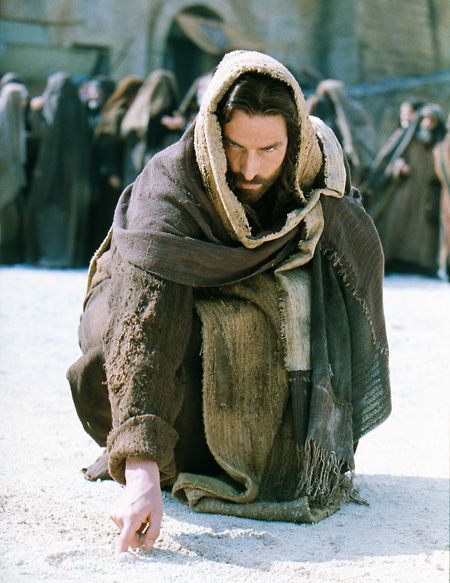
My hope is that this series will offer my readers a chance to consider the names, characteristics and descriptions of our God in the Word.
The remaining Names of God in this series might be considered descriptors, or characteristics of the Lord. We have reviewed the three primary Names of God, along with nineteen compound Names of God in our previous posts. As we venture through these descriptors of our God, I hope we will recognize all the many characteristics of our God that we tend to take for granted.
The Word is truly rich with descriptions of the Living God, and this effort of searching in the Word was quite illuminating. He truly is the ultimate subject of the Word, and His revelation of self-descriptions, or the accolades offered Him by His priests, prophets, kings apostles and faithful truly is a blessing.
May the Name of the Lord be praised, and by thinking on His name, may you have a blessed day.
| 233 |
| GOD OF HEAVEN |
| 2 Chronicles 36:23 Thus says Cyrus king of Persia, ‘The LORD, the God of heaven, has given me all the kingdoms of the earth, and he has charged me to build him a house at Jerusalem, which is in Judah. Whoever is among you of all his people, may the LORD his God be with him. Let him go up. |
| There are numerous passages in the Word that provide us our name of God this morning, but I chose this verse out of 2 Chronicles due to my recent studying of Cyrus as a type of Christ. (Jesus in the Old Testament – Cyrus – 01). Beyond that reason, I find this verse to be comforting for our day, in that it contains a truth that hopefully will settle the heart of the faithful. As I said, it is difficult times we live in as we see this old world crumble away, with cultural and societal degradation surrounding us, with national leadership being exposed for deeper and deeper corruption, and an ever-growing open hatred of the Christian faith. The church seems to have entered a type of captivity, accepting the cultures social norms, (shifting as they are), as acceptable norms to conform to. As the ancient Jewish nation experienced their captivity in Babylon, the church – at least in the western world – has also lost touch. But as we see in this verse, and understanding the background of King Cyrus, we see that the God of heaven is not limited by His location, or that He is only in charge in heaven. King Cyrus, a non-Jew, and an unexpected Savior for the people of Israel, readily admits to the authority and actions of the God of heaven on earth. This pagan king not only admits that the God of heaven provided him his success, giving him “all the kingdoms of the earth”, but that God has given him a charge. King Cyrus – build the God of heaven a house in Jerusalem. A charge was given to the King, and an allowance was provided to the people of God. They were granted freedom by this king, and supplied to those who had a heart for God, the very highest gift of the faithful saint, The king would build the temple of the God of heaven, and the people of God could see him do it! Also, take note that the people of God, though given freedom to return, are a secondary item. By that I mean, they are allowed to get involved if they want, but the King will build the house for the God of heaven whether they choose to get involved or not. The God of heaven rules over the kingdoms of the earth, and to rescue His people, (or better stated, to provide a salvation to those who seek it), He may rise up a man or woman that is totally unexpected, in order to fulfill His desires. And the people of God can watch the wonder of this saviors work, taking part if they want. The Greater King, our Living Savior is building a temple for the God of heaven in our day also. Have you been granted freedom? Are you wanting to get involved? The opportunity, the blessing, maybe better yet – the obligation is in front of the saint to get involved in the work. Galatians 5:13 For you were called to freedom, brothers. Only do not use your freedom as an opportunity for the flesh, but through love serve one another. He is the God of heaven, and He is working on this earth to build His Temple. Wanna help? |
I would love to hear of your favorite name, characteristic or description of the Living God. Please leave me a comment, and I will include it in the list!
Thanks again for coming to visit. I hope you found something of interest in this post and would appreciate a comment, to begin a discussion. If you know someone this blog may bless (or challenge), send them a link, so they may join us in our discussion.
Come join us at Considering the Bible

